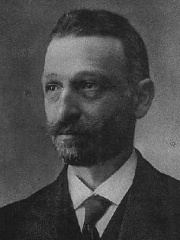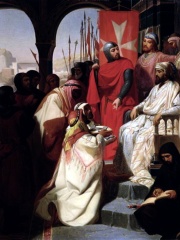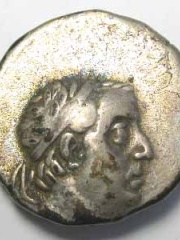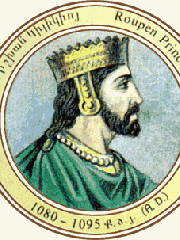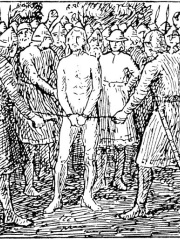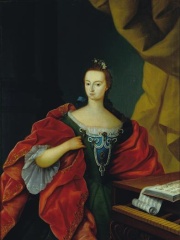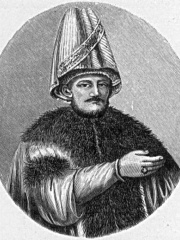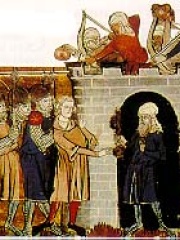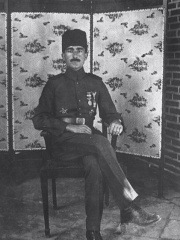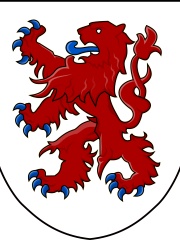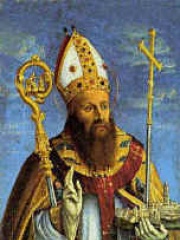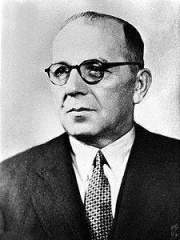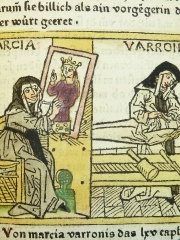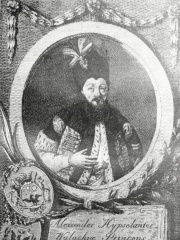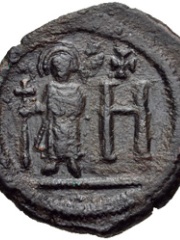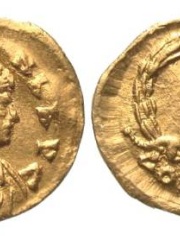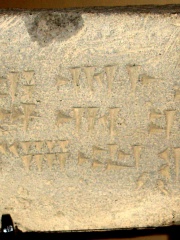Политик
Kuber
RU.WIKIPEDIA PAGE VIEWS (PV)

 Kuber
Kuber
Его биография доступна на 21 различных языках в Википедии. Kuber занимает 10510-е место среди самых популярных политик (рост с 11715-е места в 2024 году), занимает 848-е место среди самых популярных биографий из Турции (рост с 946-е места в 2019 году) и занимает 400-е место среди политик Турция.
Memorability Metrics
Page views of Kuber by language
Among Политик
Among политик, Kuber ranks 10,510 out of 19,576. Before him are Dimitrios Gounaris, Constantine III, King of Armenia, Ariobarzanes I of Cappadocia, Ruben I, Prince of Armenia, Prince Ludwig August of Saxe-Coburg and Gotha, and Goodwill Zwelithini. After him are Sigurd Slembe, Maria Komnene, Queen of Hungary, Princess Maria Immaculata of Bourbon-Two Sicilies, Infanta Maria Ana Francisca of Portugal, Alemdar Mustafa Pasha, and Demetrius the Fair.
Most Popular Политик in Wikipedia
Go to all RankingsDimitrios Gounaris
1867 - 1922
HPI: 60.81
Rank: 10,509
Constantine III, King of Armenia
1313 - 1362
HPI: 60.81
Rank: 10,510
Ariobarzanes I of Cappadocia
200 BC - 100 BC
HPI: 60.81
Rank: 10,511
Ruben I, Prince of Armenia
1025 - 1095
HPI: 60.81
Rank: 10,512
Prince Ludwig August of Saxe-Coburg and Gotha
1845 - 1907
HPI: 60.81
Rank: 10,513
Goodwill Zwelithini
1948 - 2021
HPI: 60.80
Rank: 10,514
Kuber
HPI: 60.80
Rank: 10,515
Sigurd Slembe
1100 - 1139
HPI: 60.80
Rank: 10,516
Maria Komnene, Queen of Hungary
1144 - 1190
HPI: 60.80
Rank: 10,517
Princess Maria Immaculata of Bourbon-Two Sicilies
1874 - 1947
HPI: 60.80
Rank: 10,518
Infanta Maria Ana Francisca of Portugal
1736 - 1813
HPI: 60.80
Rank: 10,519
Alemdar Mustafa Pasha
1755 - 1808
HPI: 60.80
Rank: 10,520
Demetrius the Fair
285 BC - 250 BC
HPI: 60.80
Rank: 10,521
In Турция
Among people born in Турция, Kuber ranks 848 out of NaN. Before him are Constantine I, Prince of Armenia (1035), Halil Kut (1882), John the Cappadocian (490), Ruben III, Prince of Armenia (1145), Saint Domnius (300), and Ruben I, Prince of Armenia (1025). After him are Galla (374), Diodorus of Tarsus (400), Şükrü Saracoğlu (1887), Constantine Lascaris (1434), Theodore Prodromos (1115), and Iaia (-100).
Others born in Турция
Go to all RankingsConstantine I, Prince of Armenia
POLITICIAN
1035 - 1102
HPI: 60.88
Rank: 842
Halil Kut
POLITICIAN
1882 - 1957
HPI: 60.88
Rank: 843
John the Cappadocian
POLITICIAN
490 - 548
HPI: 60.88
Rank: 844
Ruben III, Prince of Armenia
POLITICIAN
1145 - 1187
HPI: 60.83
Rank: 845
Saint Domnius
RELIGIOUS FIGURE
300 - 304
HPI: 60.81
Rank: 846
Ruben I, Prince of Armenia
POLITICIAN
1025 - 1095
HPI: 60.81
Rank: 847
Kuber
POLITICIAN
HPI: 60.80
Rank: 848
Galla
POLITICIAN
374 - 394
HPI: 60.78
Rank: 849
Diodorus of Tarsus
RELIGIOUS FIGURE
400 - 394
HPI: 60.77
Rank: 850
Şükrü Saracoğlu
POLITICIAN
1887 - 1953
HPI: 60.76
Rank: 851
Constantine Lascaris
HISTORIAN
1434 - 1501
HPI: 60.76
Rank: 852
Theodore Prodromos
WRITER
1115 - 1160
HPI: 60.73
Rank: 853
Iaia
PAINTER
100 BC - Present
HPI: 60.69
Rank: 854
Among Политик In Турция
Among политик born in Турция, Kuber ranks 400. Before him are Alexander Ypsilantis (1726), Constantine I, Prince of Armenia (1035), Halil Kut (1882), John the Cappadocian (490), Ruben III, Prince of Armenia (1145), and Ruben I, Prince of Armenia (1025). After him are Galla (374), Şükrü Saracoğlu (1887), Ali Kemal (1867), Theodosius (583), Verina (null), and Rusa III (-650).
Alexander Ypsilantis
1726 - 1807
HPI: 60.90
Rank: 394
Constantine I, Prince of Armenia
1035 - 1102
HPI: 60.88
Rank: 395
Halil Kut
1882 - 1957
HPI: 60.88
Rank: 396
John the Cappadocian
490 - 548
HPI: 60.88
Rank: 397
Ruben III, Prince of Armenia
1145 - 1187
HPI: 60.83
Rank: 398
Ruben I, Prince of Armenia
1025 - 1095
HPI: 60.81
Rank: 399
Kuber
HPI: 60.80
Rank: 400
Galla
374 - 394
HPI: 60.78
Rank: 401
Şükrü Saracoğlu
1887 - 1953
HPI: 60.76
Rank: 402
Ali Kemal
1867 - 1922
HPI: 60.67
Rank: 403
Theodosius
583 - 602
HPI: 60.62
Rank: 404
Verina
HPI: 60.54
Rank: 405
Rusa III
650 BC - 585 BC
HPI: 60.51
Rank: 406
